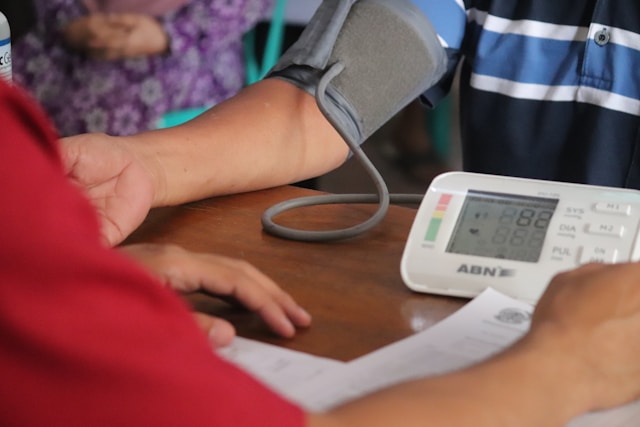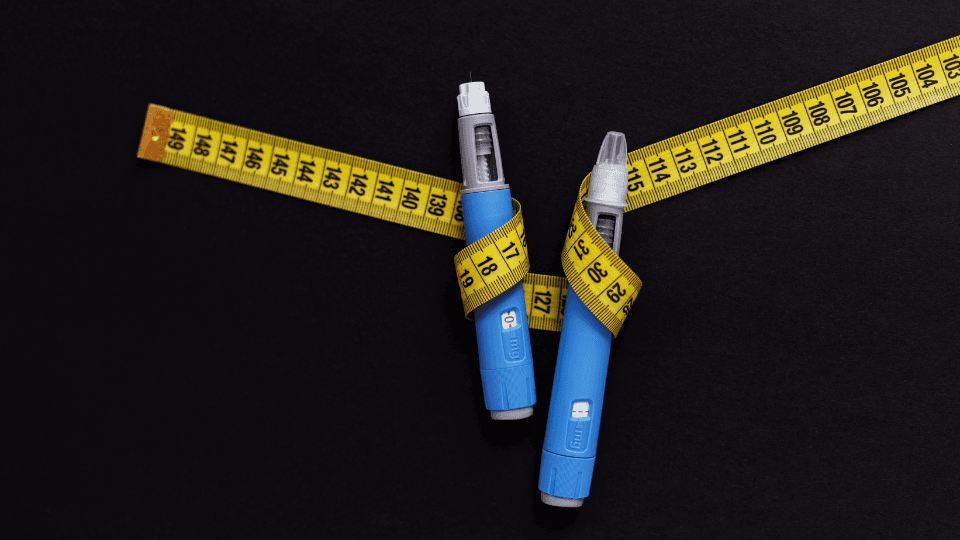Back
Oct 28, 2022
Recovering from burnout

Dr Jarrad Van Zuydam | Sports Physician
Receiving the “low battery” warning on your device usually signifies the start of a panicked sprint to connect your dying device to its charging cable as fast as possible. You may smile at the memory now, but have you ever stopped to think why you are slower to react to the energy status of your own ‘battery’?
We live in a world where overworking is glamorised and worn as a badge of honour while human needs come second. This needs to change and here’s why:
Excessive and prolonged periods of stress can lead to burnout - a state of complete exhaustion on all levels: emotional, physical, and mental. Burnout is a stress syndrome with serious consequences for health and wellbeing, including increased risk of type 2 diabetes, heart disease, headaches, gastrointestinal and psychological distress, fatigue, and insomnia.
Recovering from burnout differs for everyone with full recovery often taking several months. Recognising and acknowledging burnout is the first step in the recovery process, with other self-help steps occurring from 3 perspectives: externally, internally, and daily (combining internal and external recovery).
The most vital step to recover externally is to reduce your workload. Don’t be a hero. Take your leave and use it to separate yourself completely from work. No laptop, no emails, no Slack! Speak to your boss about workload management if you aren’t coping with the work assigned to you. Then, be sure to exercise regularly, eat nutritious foods, and stay hydrated. Healthy lifestyle behaviour eases the physical symptoms of burnout, such as muscle tension, headaches, gastrointestinal distress, and fatigue.
Achieve internal recovery by improving your mental and emotional wellbeing through journaling, connecting with others, therapy and coaching. This can help with symptoms of poor memory, irritability, and impaired cognitive functioning.
Making long-lasting change is crucial for daily recovery and preventing burnout. Strive to build these daily habits into your life:
Track your stress levels to gauge your emotional states.
Identify your stressors and take action to adjust or eliminate them.
Use journaling to acknowledge your emotions, thoughts, and experiences.
Exercise regularly to produce feel-good hormones (like endorphins) while also releasing physical tension in your body.
Build a support system by connecting with others.
Make time for fun by doing activities you enjoy.
Get enough (7-9 hours) good quality sleep each night.
Eat foods that are nutritious and satisfying.
Practise mindfulness through meditation to cultivate a sense of calmness.
Maintain a work-life balance by setting boundaries.
Don’t ignore your internal battery - even humans run out of juice, eventually. While you may think that working excessively will get you closer to success, it will only take you closer to burnout.













